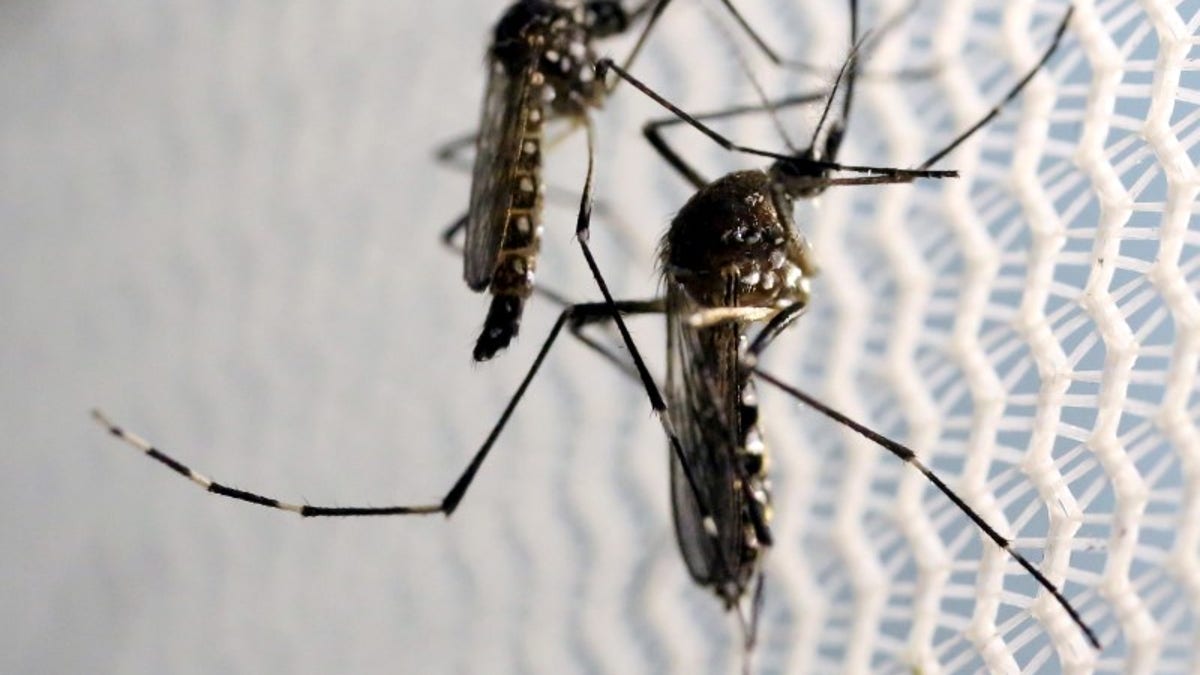
Aedes aegypti mosquitoes are seen inside Oxitec laboratory in Campinas, Brazil (Copyright Reuters 2016)
Intrexon Corp said on Wednesday a bipartisan coalition of Florida politicians had urged the U.S. government to step up efforts to fight Zika, including sanctioning the emergency use of the company's genetically engineered mosquitoes.
The Florida House members, led by Speaker-designate Richard Corcoran and Democratic leader-designate Janet Cruz, have written to the U.S. Department of Health and Human Services, and the U.S. Food and Drug Administration (FDA), seeking permission for the state and local governments to use the GM mosquito, the company said.
FDA said in an email to Reuters that it had received the letter and will respond directly to the Florida coalition, without specifying a timeframe for it.
No vaccine or treatment has been approved for Zika.
The virus, first detected in Brazil last year, has rapidly spread across the Americas and parts of Asia.
In recent weeks, U.S. authorities determined that local mosquitoes were transmitting Zika in an area of south Florida. The U.S. territory of Puerto Rico has also experienced a widespread outbreak.
U.S. health regulators cleared the way last month for a trial in Key Haven, Florida to assess the effectiveness of Intrexon's GM mosquitoes to reduce levels of the aedes aegypti mosquito population, which is known to carry Zika, dengue and chikungunya.
There is vote scheduled in November seeking community approval for the trial, as the use of Intrexon's mosquitoes have raised concerns among the locals about its safety.
In the letter, the politicians said that delaying Florida's access to Intrexon's technology posed "an unnecessary health risk" to the people of Florida, the company said.
The mosquitoes are genetically altered so their offspring die before they can reproduce.
Trials in Brazil, Panama and the Cayman Islands have shown that the GM mosquitoes can reduce localized Aedes aegypti populations by more than 90 percent. (http://bit.ly/1McvLMg)
The GM mosquito strain is made by Oxitec, an Oxford University spin-off company that is now a UK subsidiary of U.S.-based Intrexon.
While most people experience mild symptoms, Zika infections in pregnant women have been shown to cause microcephaly, a severe birth defect in which the head and brain are undersized. In adults, it can cause a rare neurological syndrome called Guillain-Barre.
